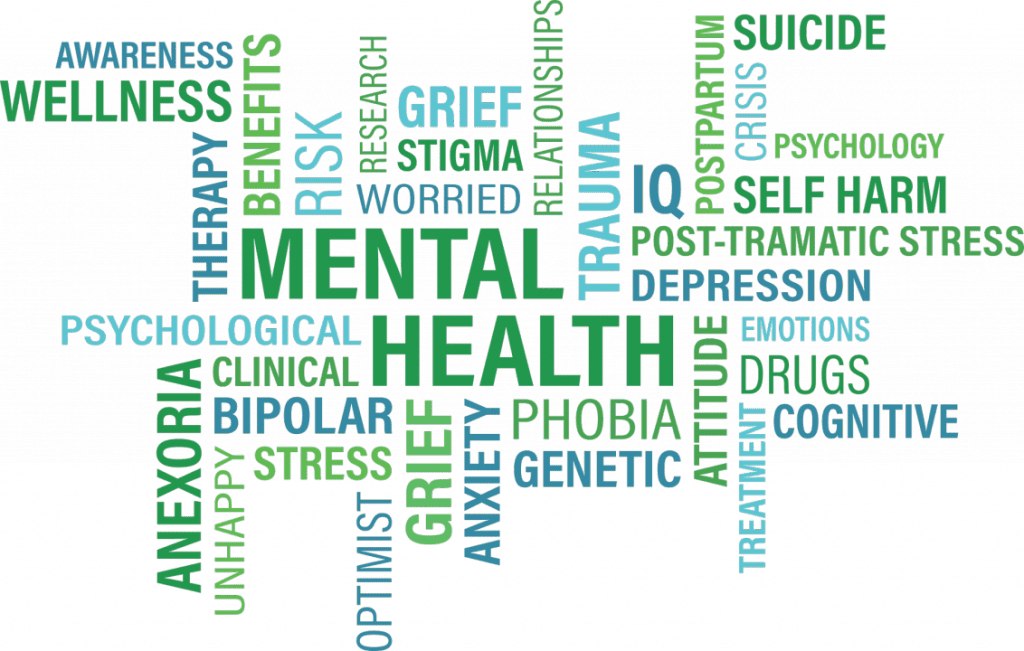Understanding World Mental Health: A Journey of Awareness and Support
In the hustle and bustle of our daily lives, amidst the noise of deadlines, responsibilities, and the constant stream of information, it’s easy to overlook something that is profoundly fundamental yet often neglected: our mental health.
World Mental Health Day, observed globally on October 10th each year, serves as a poignant reminder of the importance of mental well-being and the need to address mental health issues with empathy and understanding.
The Global Impact of Mental Health
Mental health knows no boundaries. It transcends age, gender, race, and socioeconomic status, affecting millions worldwide. According to the World Health Organization (WHO), mental disorders account for a significant portion of the global disease burden, with depression alone affecting over 264 million people globally.
Anxiety disorders, substance abuse, and other mental health challenges further compound this issue, impacting individuals, families, and communities alike.
Despite its prevalence, mental health has historically carried a stigma that discourages open discussion and treatment-seeking behavior. Many individuals may feel isolated or ashamed to seek help, fearing judgment or misunderstanding from others.
This stigma persists despite increasing awareness campaigns and efforts by health organizations to promote mental health education and support.
Breaking the Stigma through Education and Awareness
The first step towards addressing world mental health issues is education. Understanding what mental health is and how it can be supported is crucial in breaking down stereotypes and fostering a culture of empathy and support.
Mental health education should begin early, in schools and communities, to promote resilience, self-awareness, and positive coping strategies.
World Mental Health Day plays a vital role in this education process. It serves as a platform for organizations, communities, and individuals to come together and raise awareness through various activities and initiatives.
From social media campaigns to educational workshops and public events, the day encourages conversations about mental health, promotes resources for support, and empowers individuals to prioritize their mental well-being.
Supporting Mental Health: A Collective Responsibility
Supporting mental health goes beyond awareness—it requires action and solidarity. Governments, healthcare providers, employers, and individuals all have a role to play in creating environments that prioritize mental well-being.
Accessible mental health services, workplace mental health policies, and community support networks are essential components of a comprehensive approach to mental health care.
As individuals, we can also contribute to mental health advocacy by being informed, compassionate allies. Listening without judgment, offering support to those in need, and advocating for policies that prioritize mental health are tangible ways to make a difference.
Each of us has the power to challenge stigma and create a more inclusive society where mental health is recognized as a fundamental aspect of overall well-being.
Looking Forward: Hope and Resilience
While the challenges of mental health are significant, so too is the resilience of the human spirit. Many individuals who face mental health issues find hope and recovery through treatment, support networks, and personal resilience.
By sharing stories of recovery and empowerment, we inspire others to seek help and remind them that they are not alone in their journey.
World Mental Health Day reminds us that mental health is everyone’s concern. It calls upon us to reflect on how we can support ourselves and others in maintaining good mental well-being.
By working together, we can create a world where mental health is understood, respected, and supported—a world where everyone has the opportunity to thrive.
Let us embrace this journey of awareness and support, knowing that each step we take brings us closer to a more compassionate and mentally healthy world.

